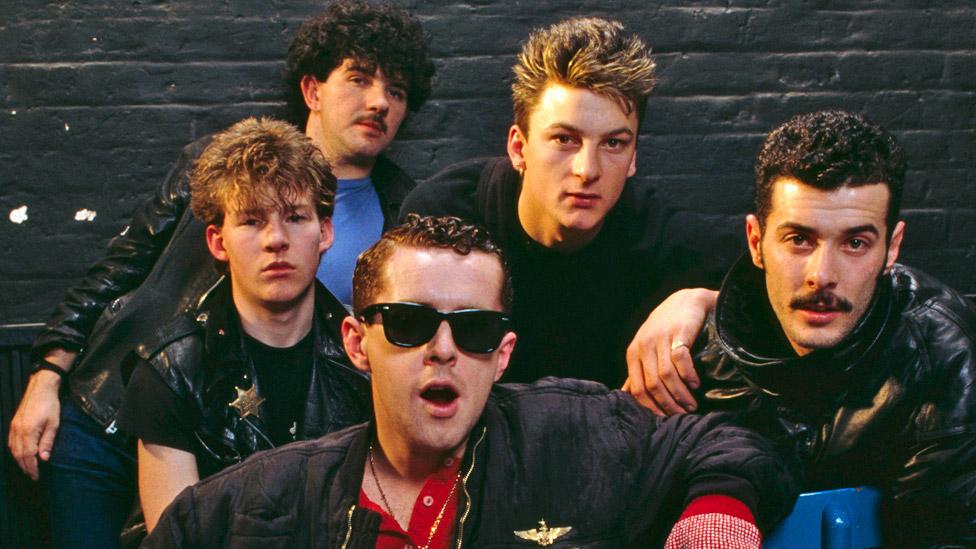Holly Johnson: Show to celebrate 'monumental LGBTQ+ icon'
- Published
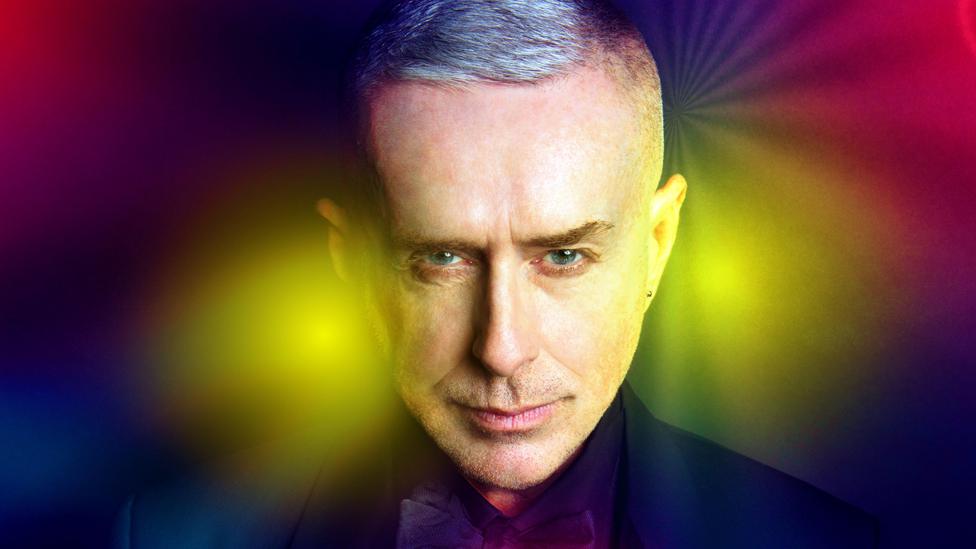
Johnson had three number ones with Frankie Goes to Hollywood, before continuing his success as a solo artist
A "landmark" exhibition about singer Holly Johnson's journey from Liverpool's punk scene to international stardom is to be staged in the city.
Arts groups Homotopia and DuoVision said The Power of Holly would look at his life and his career with Frankie Goes To Hollywood and as a solo artist.
They said the exhibition, which will be staged in 2024, would also "capture the stories" of other local LGBTQ+ people.
Johnson said having the chance to stage the show felt like winning the lottery.
"Everything I was ever drawn to, through the lens of queerness and controversy, I have brought with me into the future we live in now," he said.
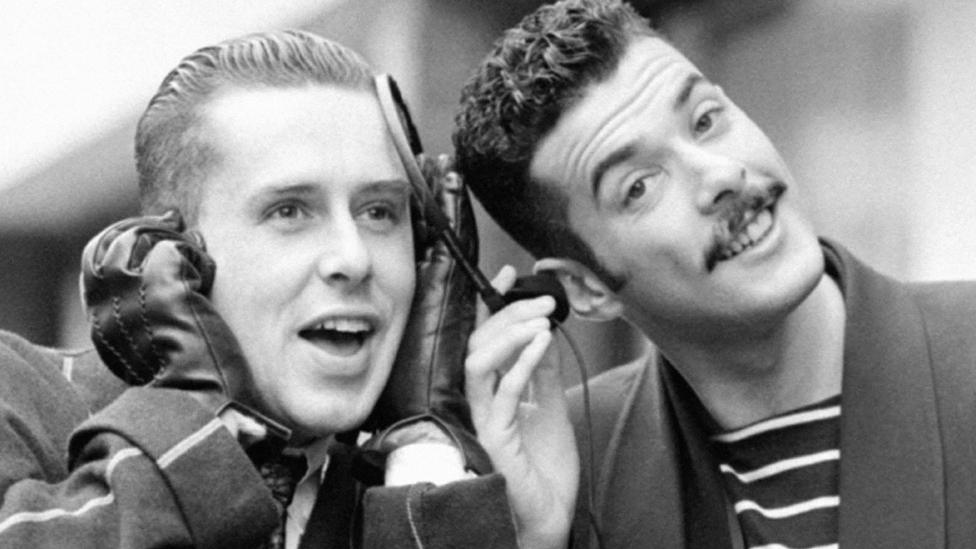
DuoVision curator James Lawler said Johnson's career spanned "from his punk days to global pop stardom"
He said as a teenager, music and art had been his "passion", with influences ranging from writers Jean Genet and William Burroughs, and pop stars such as The Beatles, Marc Bolan, David Bowie and The Velvet Underground to artists like Derek Jarman, Andy Warhol and Sir Peter Blake.
He said their works had led him "ultimately to Hollywood and back again" and having the "opportunity to mount this exhibition is actually like winning the National Lottery for me".
Born William Johnson in Liverpool in 1960, Holly took his name from Holly Woodlawn, the actress and friend of Andy Warhol whose story was summarised by Lou Reed in the song Walk on the Wild Side.
He recorded his first single, Yankie Rose, in 1979, and went on to have three number ones with Frankie Goes to Hollywood, before continuing his success with two top five singles in the UK after the band split up.
He has also exhibited art at the Royal Academy and the Royal College of Art and worked with Merseyside's Sahir House, a charity which offers LGBTQ+ sexual health and support services.
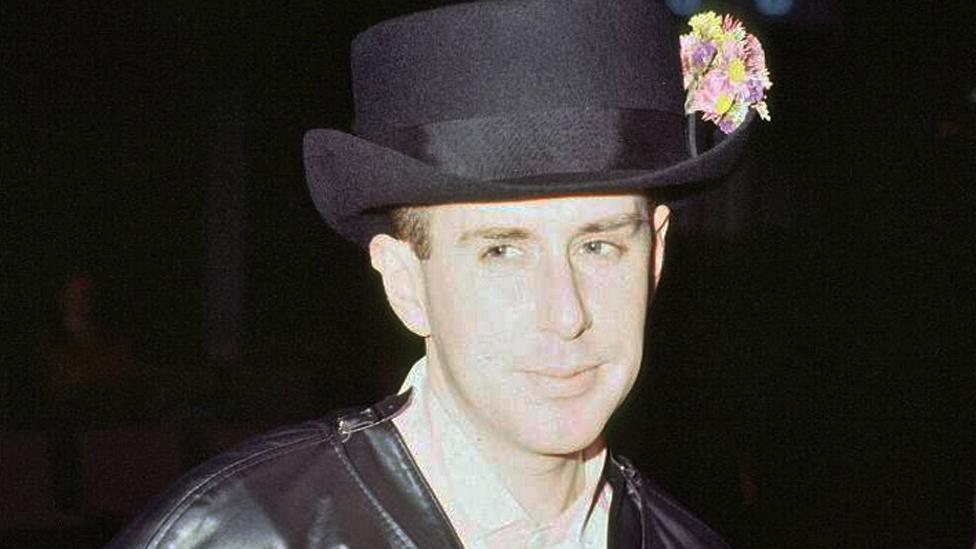
Mr Lawler said the show would "celebrate the work and life of one of Liverpool's brightest stars"
Homotopia's Olivia Graham said Johnson was a "monumental" LGBTQ+ "icon", who had "pioneered" queer fashion and culture in the 1980s.
"We hope that as we look back on [that] heritage, it gives us an opportunity to look towards the future," she said.
James Lawler, curator at DuoVision, said the star was a "trailblazing singer, musician and artist" who had been "so open and positive" about his sexuality "at a time when homophobia was endemic".
"In the '80s, Holly was one of the musicians whose unapologetic approach to their own sexuality helped shift mainstream understanding and acceptance," he said.
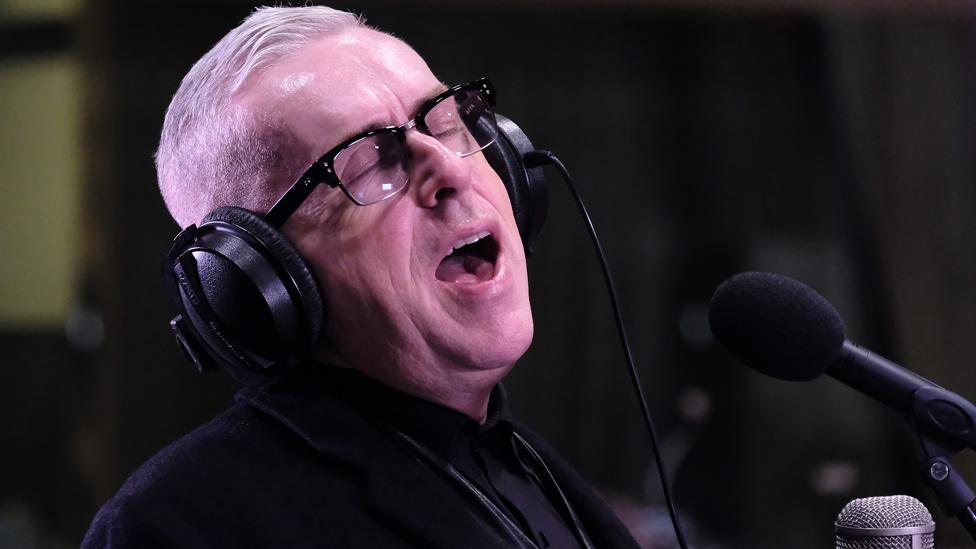
Johnson's career after Frankie has seen him find success as both a musician and an artist
He said Johnson's "career of over 40 years" had spanned "from his punk days to global pop stardom" and seen him become a "spokesperson for the LGBTQ+ community".
"We hope to bring this history to light and celebrate the work and life of one of Liverpool's brightest stars," he added.
The arts groups said the exhibition would be the culmination of a year-long project, which has received £142,000 from National Lottery Heritage Fund (NLHF), and would see researchers "capture the stories of local LGBTQ+ people in community workshops and oral history sessions".
NLHF's Helen Featherstone said the "transformative project" would "record and preserve the important stories of LGBTQ+ people and the significant influence Holly Johnson had on Liverpool's unique musical heritage, and beyond".

Why not follow BBC North West on Facebook, external, X, external and Instagram, external? You can also send story ideas to northwest.newsonline@bbc.co.uk, external
- Published7 June 2023
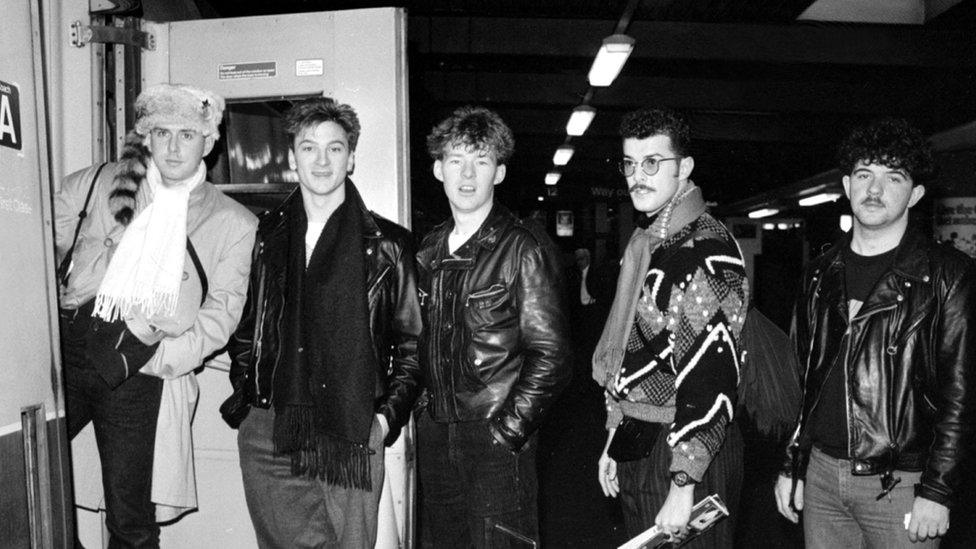
- Published10 May 2023
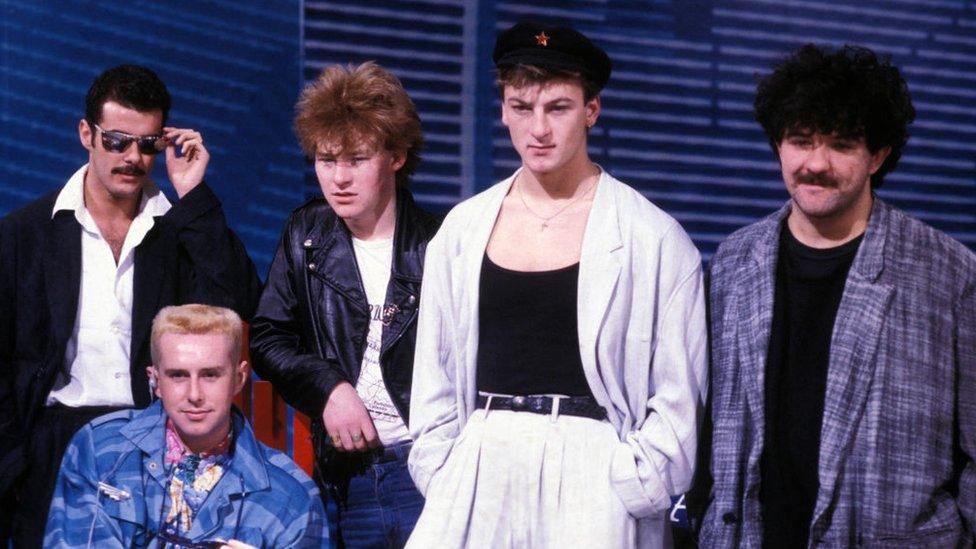
- Published10 May 2023
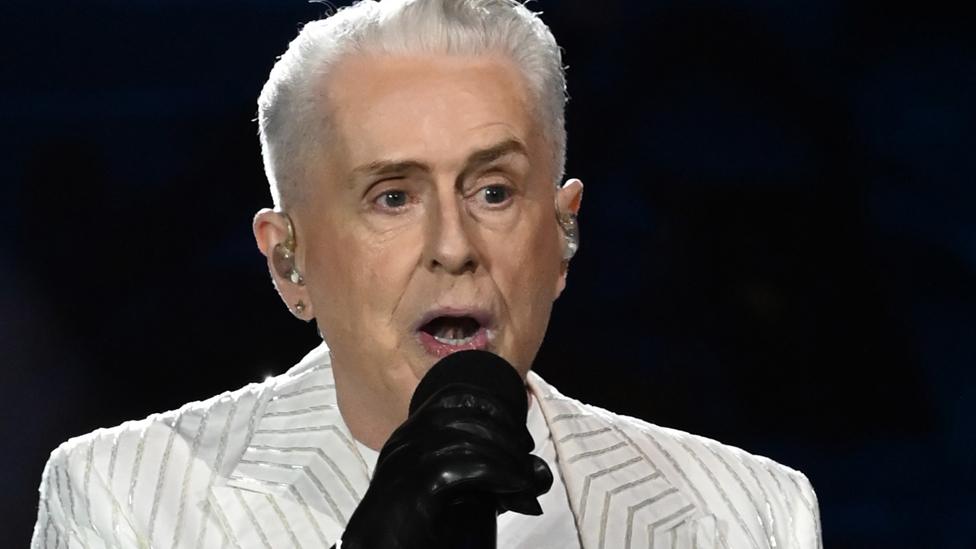
- Published25 April 2023
